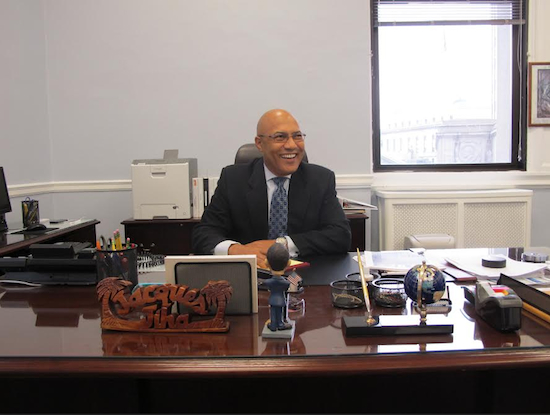For new Sheriff and Finance Commissioner, tackling deed fraud is top priority

In response to rising reports of real estate fraud, the city’s Department of Finance commissioner and the New York City sheriff, both recently appointed to their positions, are teaming up to thwart increasingly brazen schemes and protect homeowners.
“I was surprised how easy it was for someone to fraudulently record a deed,” said City Finance Commissioner Jacques Jiha, Ph.D., who assumed his post in May. “Immediately we heard stories of fraud from news outlets, and I knew we had to implement some changes.”
The city’s Department of Finance (DOF), an agency that handles the administration of all the tax and revenue laws of the city, is also in charge of the Office of the City Register, which handles the recording of all deeds for real property.

Brooklyn Boro
View MoreNew York City’s most populous borough, Brooklyn, is home to nearly 2.6 million residents. If Brooklyn were an independent city it would be the fourth largest city in the United States. While Brooklyn has become the epitome of ‘cool and hip’ in recent years, for those that were born here, raised families here and improved communities over the years, Brooklyn has never been ‘uncool’.